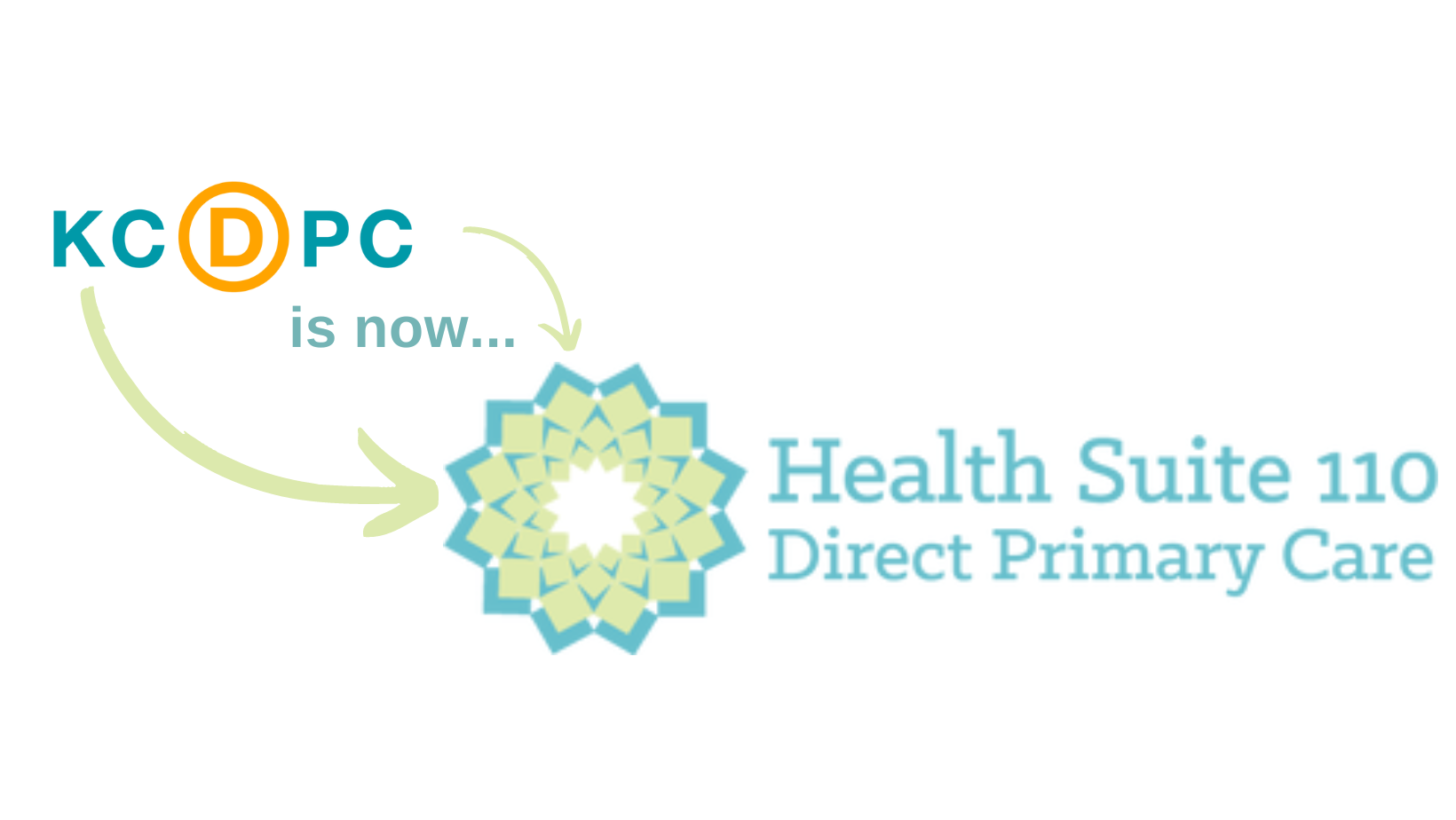With the turmoil from the White House over the last week, I wanted to share an email I received from Healthy Communities Wyandotte that gives those using the individual health insurance exchange some guidance regarding what we know (and what we don’t know!) about this upcoming enrollment season. Read on!
—–
While Trump’s decision to end CSR payments is a destructive move that may have real, harmful effects to the individual market in the long term, it is very important to make sure marketplace shoppers know that the immediate effects are likely to be minimal.
- The 2018 Marketplace opens for business November 1. Nothing about this decision will stop the open enrollment period from happening. Consumers can sign up for 2018 coverage starting November 1st, and the final deadline to enroll is December 15th.
- Eligibility for premium tax credits and CSRs to lower out of pocket costs hasn’t changed. The ACA is still law, and insurers are required to offer these savings to consumers who are eligible, even if the administration stops making these payments to insurance companies
- Most insurers built-in backup plans in case this happened.Because the administration has threatened to cut off these payments every single month, most insurers have already raised their premiums to make up the difference.
- Premium tax credits increase with rising premiums, so the 80% of consumers who receive premium tax credits won’t see their actual costs go up. Tax credits are calculated based on average benchmark plans, if those plans get more expensive, consumers will receive a bigger tax credit to cover the cost.
- It’s incredibly important to shop around during open enrollment.Make sure you calculate your income correctly when applying for coverage. If your income has changed in the past year, make sure to update your account with new information. New plans are available every year, and there may be a more affordable option available. Shop early starting November 1st.
What We Don’t Know Yet:
- Insurers do have the option to drop out of the marketplace entirely. It’s possible that those who did not prepare a backup plan may decide to leave the individual market.
- Congress could act to reinstate these payments. Bipartisan Senators are already working on a bill that would ensure CSR payments are made for at least two years.
